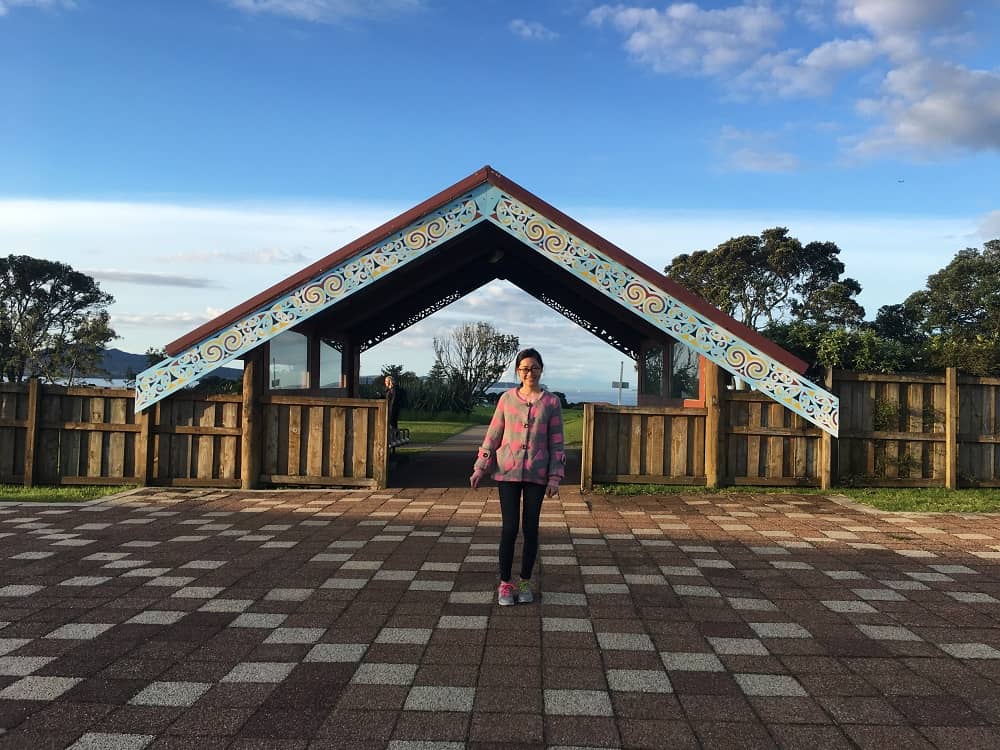Student Profile: Nhi Le
24/05/2019
Using social network analysis in the study of supply chain resilience
 A bit about me
A bit about me
I grew up in a lovely little town of an agricultural province in Vietnam. My love of warm-hearted and hard-working farmers in my hometown has nurtured my passion to contribute to the agriculture sector.
When I was 18, I moved to the big Ho Chi Minh city to pursue a Bachelor of International Business Economics. After 2 years working for a Vietnamese Logistics Research and Development Institute and a local logistics company, I gained a meaningful scholarship from the New Zealand Aid Programme to study in this beautiful Kiwi land which is world-famous for its agriculture.
I am now pursuing a Master’s in Supply Chain Management in Massey University. Here, thanks to my supervisor, I have received the awesome opportunity to work a Scion project titled “Evaluating the Resilience of NZ Rural Value Chains against Natural Hazards”. Within this Resilience Challenge project I have been working on my thesis, aiming to apply social network analysis to evaluating resilience, especially for agricultural supply chains.
In my spare time I enjoy going on road trips and playing the guitar.
My project
The purpose of my thesis project is to assess and select suitable tools for social network analysis of supply chain resilience. The main question of my research is: “How can Social Network Analysis (SNA) be applied to evaluate the resilience of supply chains?”
Specifically, below are some questions I hope to answer with this research:
Q1: Which tools of SNA are applicable in the study of resilience?
Q2: Which properties of supply chains networks can SNA tools investigate?
Q3: Which aspects of supply chain resilience can SNA tools evaluate?
Q4: What values could SNA add to the research area?
Q5: What are the limitations of applying SNA to the research area?
My research uses a network of agricultural supply chains in the North Canterbury region of New Zealand’s south island as a case study. The data is gathered by a data collection team in Scion’s resilience project. The research analysis ranges from micro to macro level, including bottom-up and top-down approaches. It involves selecting potential useful tools of SNA, conducting each analysis tool and combining results from those tools to evaluate the network resilience, then, critiquing the applications. In each analysis I aim to explore the network structure and configuration and how complex it is with organizational interdependency, connectedness, and positions or roles in the network. The network resilience is investigated through its attributes of robust sub-structures, vulnerability, knowledge and information management, and disruption response.
Next steps
I have finished data collection and cleaning, and chosen specific analysis tools already. Now I am concentrating on results interpretation and analysis critiques. Once the findings and core contents are finalized, I will complete writing up the remaining parts. My thesis is due to be completed in July 2019. Afterwards, I will submit it to some academic conferences to prepare for writing up a paper from the research.
Even though the project is challenging for me as SNA is quite new in the research area, I enjoy discovering the NZ agricultural network in a rural area, especially working in an awesome team with support from my supervisor Prof. Paul Childerhouse (Massey University), my project leader Dr Robert Radics (Scion), and my teammate Ngoc Le (Massey University).





